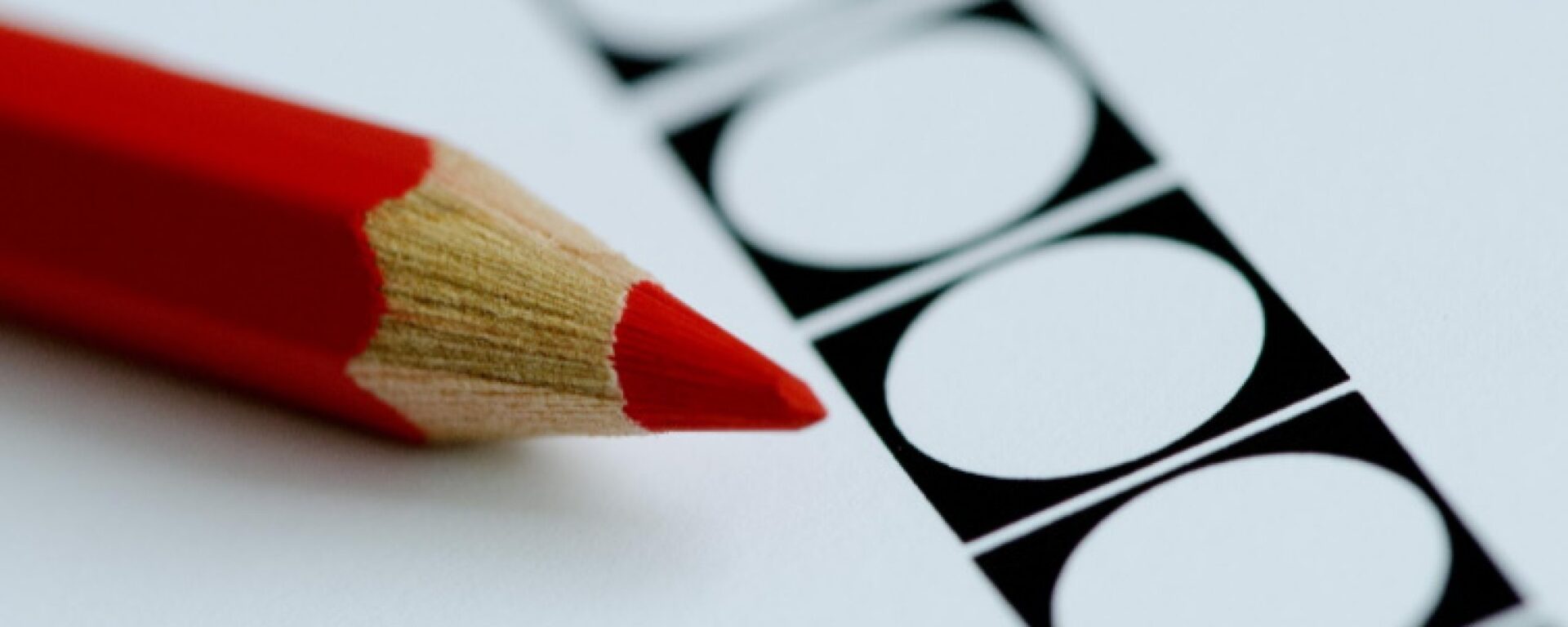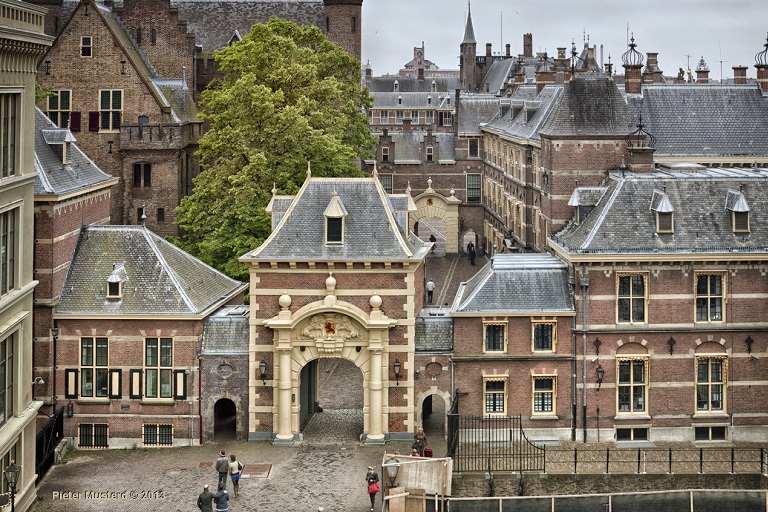On December 12, Publieke Zaken hosted its year-end meeting, which opened with a sharp column by Remco de Boer. As a speaker we welcomed Jan Anthonie Bruijn, the current president of the Senate and professor of immunopathology. Less well known, however, is that he has co-authored several election programs of the VVD. That made for a fascinating lecture on the moments of influence from election program to Senate.
The room for influence is greatest at "the origo," that is, during the creation of the election program. According to Bruijn, it is not unjustified that lobbyists focus mainly on the Lower House. After all, that is where the political process takes place. However, the program committees are often open to new ideas and yet lobbyists do not walk through the door there. According to Bruijn, this is a missed opportunity. At the same time, there is also a downside to this moment of influence. Bruijn: "Everyone asks for money. Just asking for money usually goes quickly into the oubliette." If you want to stand out to a committee, you need a good coverage plan, Bruijn says.

Consideration of a law in the Senate is also a good moment of influence. Reliability and clarity are the key words here. Upper House members cannot submit amendments, but do have the power to submit motions. These motions can call for a particular interpretation of a law. Thus, it is still possible to adjust the political compromise reached in the Lower House.
There was also room for personal questions. Bruijn explained that as president of the Senate, he is not only busy with procedures, but also experiences exciting and impressive moments. "Budget Day was a wonderful experience to do," Bruijn said, "very honorable." He emphasized that as president he represents Parliament. He said that makes the job special.


